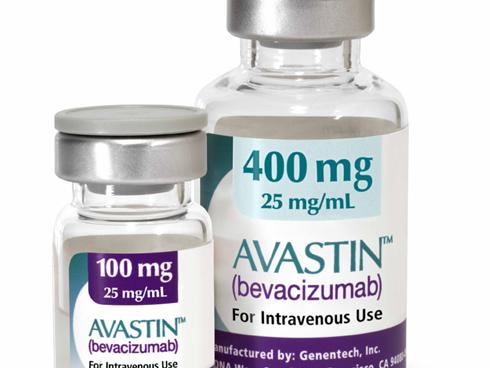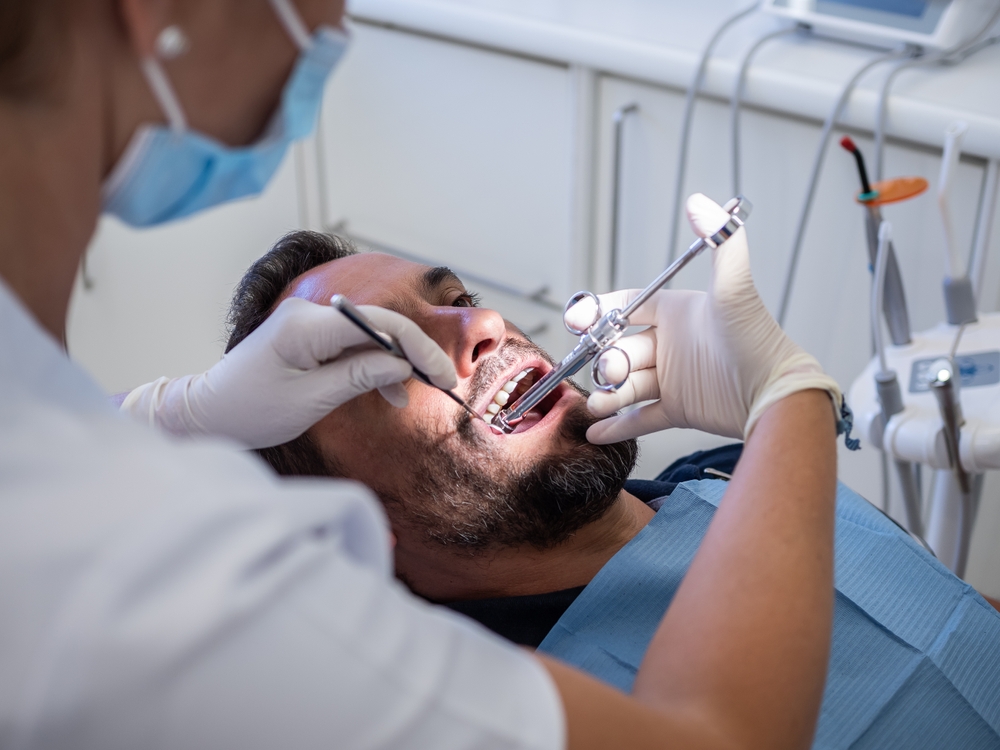 Avastin (generic: bevacizumab) was approved by the Food and Drug Administration (FDA) in 2004 for treatment of metastatic cancer when combined with chemotherapy. The Genentech-manufactured drug was also used to treat certain forms of lung, kidney, colon and brain cancers and was the world’s best-selling cancer drug. It was approved through the FDA’s accelerated approval program, which allows a drug to be approved based on data that are not sufficiently complete to permit full approval.
Avastin (generic: bevacizumab) was approved by the Food and Drug Administration (FDA) in 2004 for treatment of metastatic cancer when combined with chemotherapy. The Genentech-manufactured drug was also used to treat certain forms of lung, kidney, colon and brain cancers and was the world’s best-selling cancer drug. It was approved through the FDA’s accelerated approval program, which allows a drug to be approved based on data that are not sufficiently complete to permit full approval.
The fast-track approval of Avastin for breast cancer treatment was based on a clinical trial finding that it slowed the growth of breast cancer tumors, which differs from the usual requirement that breast cancer treatment drugs show that they actually lengthen the lives of patients. FDA drug safety investigators have reported that those studies have failed to show that Avastin extends the life of breast cancer patients or improves their quality of life. Besides failing to show any actual benefits, some Avastin patients also had severe side effects, including holes in the stomach and intestines, severe bleeding and blood clots.
FDA Commissioner Pulls Drug Approval
On November 18, 2011, FDA Commissioner Margaret A. Hamburg revoked the approval of Avastin for breast cancer treatment due to concerns over the drug’s safety and effectiveness. Despite the FDA’s decision, doctors will still be able to prescribe Avastin to breast cancer patients for “off-label” use. However, the revocation is likely to lead insurance companies to choose not to cover Avastin for breast cancer use. Avastin will also still be available for use by patients suffering from colon, lung, kidney and brain cancers.
Ms. Hamburg stated, “After reviewing the available studies it is clear that women who take Avastin for metastatic breast cancer risk potentially life-threatening side effects without proof that the use of Avastin will provide a benefit, in terms of delay in tumor growth, that would justify those risks. Nor is there evidence that use of Avastin will either help them live longer or improve their quality of life.”
Contact Us
If you or a loved one suffered injury due to a dangerous drug like Avastin, you have a right to be compensated. Contact our experienced personal injury attorneys for a free evaluation of your case. We believe in finding justice for those injured by this dangerous drug.
Other Dangerous Drugs News
While Suboxone helps fight opioid addiction, it’s now at the center of a growing legal battle over severe, preventable dental harm not disclosed to patients for years.
Women across the U.S. are filing lawsuits against Pfizer after a major study linked long-term use of Depo-Provera to a fivefold increase in the risk of developing brain tumors known as meningiomas.
Women diagnosed with meningiomas after using Depo-Provera may be eligible for financial compensation, as lawsuits claim Pfizer failed to warn about the potential risk of brain tumors.
Patients who took Tepezza for thyroid eye disease and suffered hearing loss—including deafness—are now suing the manufacturer for failing to warn of these devastating side effects.
Despite growing evidence that Tepezza may cause hearing loss or tinnitus, the drug remains on the market—and lawsuits are mounting against its manufacturer.







